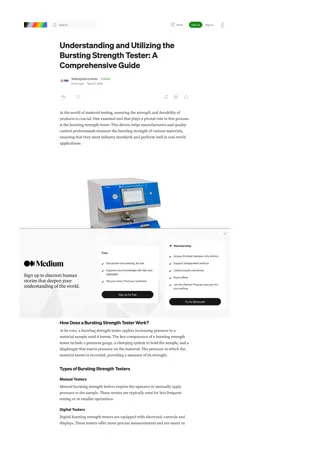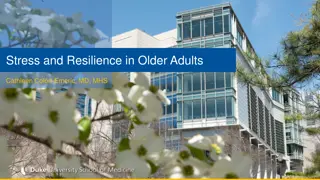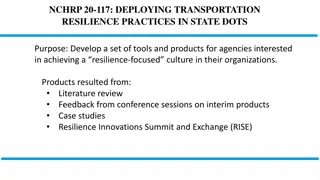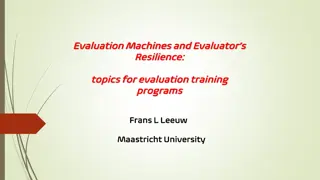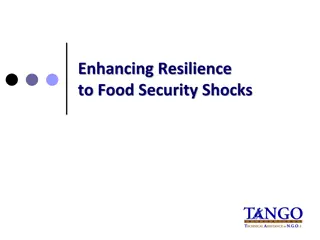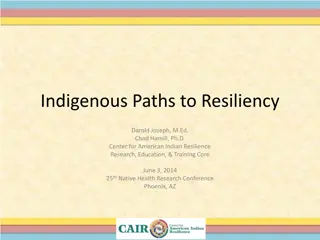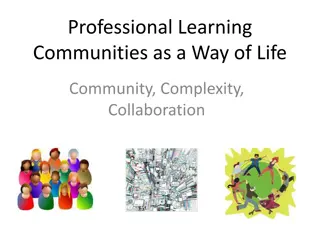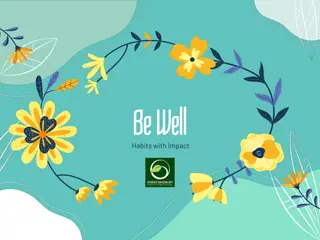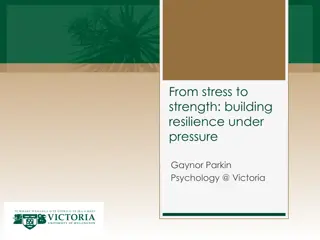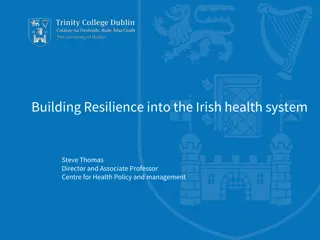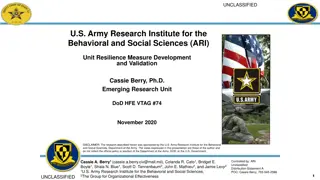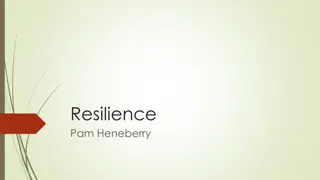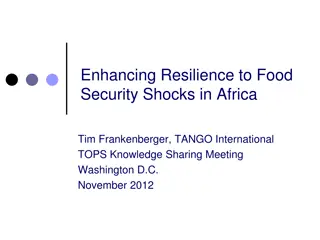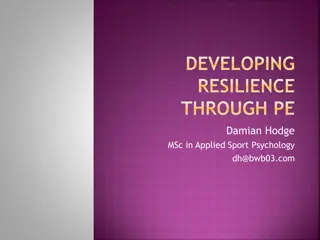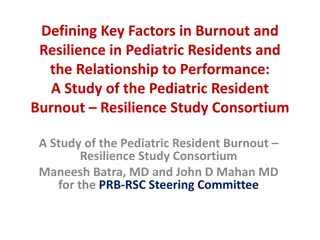Understanding Resilience in Education: Building Strength in Communities
Resilience goes beyond wellbeing and involves the ability to recover quickly from difficulties. It is influenced by nature, nurture, and life events. Learning to be resilient involves positive thinking, strong relationships, stress management, social support, enjoying activities, and physical exercise. Relationships play a pivotal role in fostering resilience as every interaction is an opportunity to grow.
Download Presentation

Please find below an Image/Link to download the presentation.
The content on the website is provided AS IS for your information and personal use only. It may not be sold, licensed, or shared on other websites without obtaining consent from the author. Download presentation by click this link. If you encounter any issues during the download, it is possible that the publisher has removed the file from their server.
E N D
Presentation Transcript
Resilience Dr Rifat Malik, Educational Psychologist & Judith Andrew, Senior Clinician, Harrow Horizons
What Do We Mean By Resilience? Resilience means more than wellbeing Wellbeing improves as resilience increases Strengthens whole School/College community Capacity to recover quickly in the face of difficulties Capacity to bounce back from adversity (PHE 2020)
What Predicts Resilience? Resilience (or lack of it) comes as a result of a complicated interaction between: Nature (what we are born with) Nurture (what we grow up with) Events (what happens to us) (Shonkoff 2017)
How Can We Learn To Be More Resilient? Support steps to help thinking positively *Strong family relationships Self regulate and manage stress *Supportive social networks *Enjoying school/college *Physical activities (Masten 2014)
Finally, Relationships Are Pivotal!! Every Interaction Is An Opportunity To Grow Resilience We learn through interactions and relationships Repeated experiences become habits These become wired in our brains This cycle increases the chances of us repeating these habits These habits and wiring can improve and support resilience and wellbeing (Hebb 1949) (Whole School SEND 2020)




